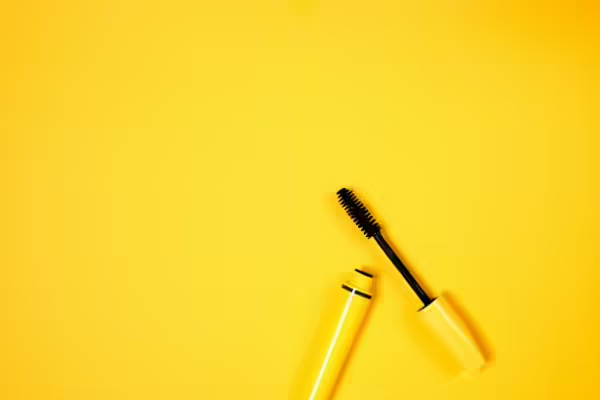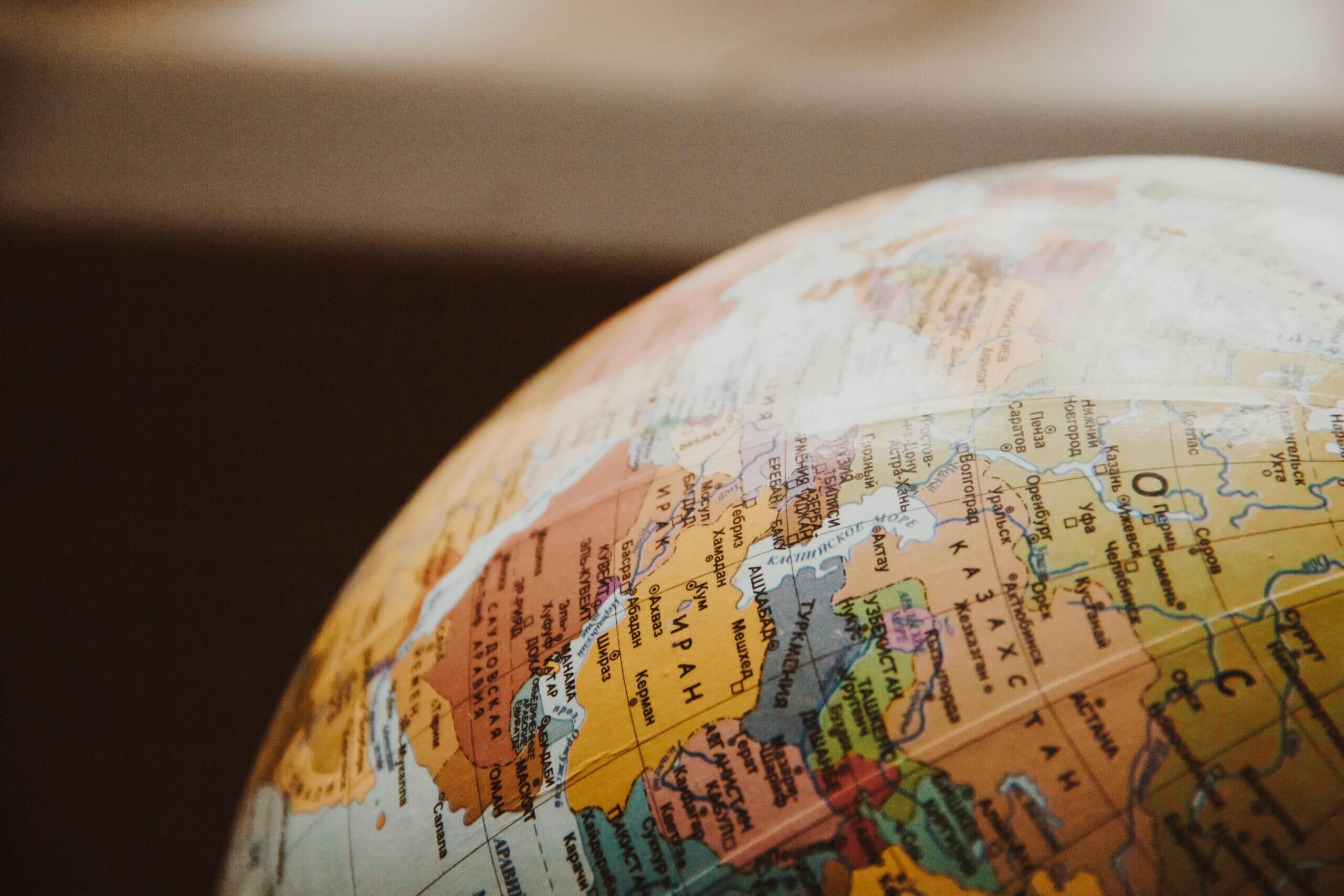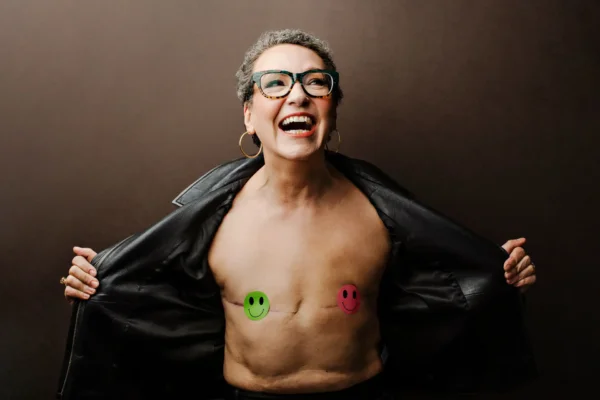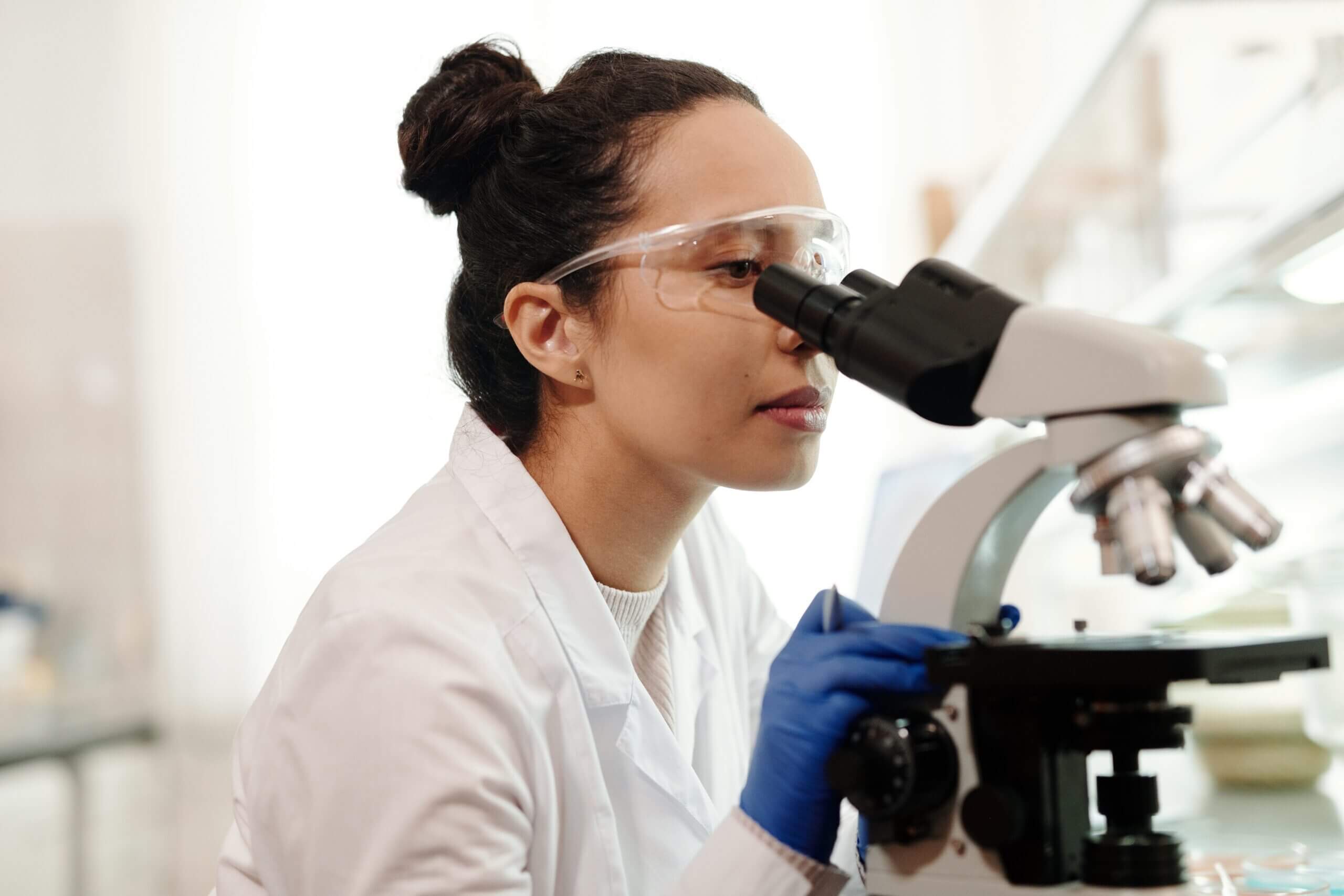I believe that when it comes to breast cancer and knowing your risks, knowledge truly is power. Let’s talk about the GAIL Model of Risk Assessment and why it matters.
Let’s start with a story that made headlines recently. You might have heard about Olivia Munn, the actress and now breast cancer advocate, who bravely shared her journey with breast cancer. Munn announced only recently she was identified as high risk and upon further investigation cancer was found, leading to a double mastectomy and breast reconstruction. What stood out about Olivia’s experience was her use of the GAIL Model of Risk Assessment to calculate her risk. Munn was too young for regular screening, but the results of that assessment led her and her medical team to dig deeper. It may have saved her life.
Tools like the GAIL Model are invaluable. They help women and their doctors assess the likelihood of developing breast cancer based on various factors like age, family history, breast density and reproductive history. For women like Munn who are too young for routine screening or who might not have obvious risk factors, these tools can provide vital insights.
But here’s the kicker – they’re not infallible and must be treated as information, not the word of law. Let me share a personal anecdote. I was diagnosed with stage 2B breast cancer with three tumors in my left breast in March 2022. My last routine mammogram in 2019 was “unremarkable” in the language of the radiologist. I did not have dense breasts. I had no familiar history with breast cancer. I’m not obese, live a healthly lifestyle and breast fed my children. So on the list of things to do to avoid getting breast cancer I ticked all the boxes. Out of interest I did the Gail assessment to see how I fared, and scored just 1% on the risk assessment scale. According to the numbers, I was in the clear. Yet, cancer doesn’t always play by the rules, does it?
So, what’s the takeaway here? Self-awareness. Know your own body and be your own advocate. Risk assessment tools are helpful, but they’re just one piece of the puzzle. They shouldn’t be treated as gospel truth or a free pass to skip self-exams and regular screenings if they are available to you. And if you suspect that something — anything is off, you know your body best. So be prepared to push through no from a medical doctor and fight for yourself.
Breast cancer doesn’t care if you’re young or old, a supermodel or a stay-at-home mom. It can sneak up on you when you least expect it, regardless of your risk profile. That’s why awareness and early detection are your best allies in the fight against breast cancer.
So, what can you do? First things first, get to know your breasts. Yep, I’m talking about some good old-fashioned self-examination. Get familiar with how your breasts look and feel at different times of the month. Notice any changes? Don’t brush them off – bring them up with your doctor. Young women take special note — lumps are often found by your intimate partner, so recruit them to the effort. I’m sure they won’t mind helping with the self-exam.
Next up, screenings. If you’re eligible, please go. Mammograms, clinical breast exams – these tests can detect abnormalities long before you might notice any symptoms. And remember, early detection can make all the difference in your treatment journey. Advances in technologies like artificial intelligence are now giving radiologists superpowers to spot cancers earlier, which is very exciting.
Know your breast density. If you have category C or D breasts, you should be getting supplemental ultrasound/sonogram screening as cancer is hard to detect in dense breasts using just a mammogram.
By all means, use assessment tools like the GAIL Model. They can help you and your doctor make informed decisions about your breast health. But remember, they’re not foolproof. Trust your instincts and speak up if something doesn’t feel right.
Now, I know talking about breast cancer can be scary. Believe me, I’ve been there. But here’s the thing – knowledge is empowering. The more you know about your risks and your body, the better equipped you are to face whatever comes your way.
So, to all the women out there, let’s make a pact. Let’s prioritize our breast health. Let’s be proactive, not reactive. Let’s embrace self-awareness and advocate for ourselves every step of the way. Because when it comes to breast cancer, the power is literally in our hands.




